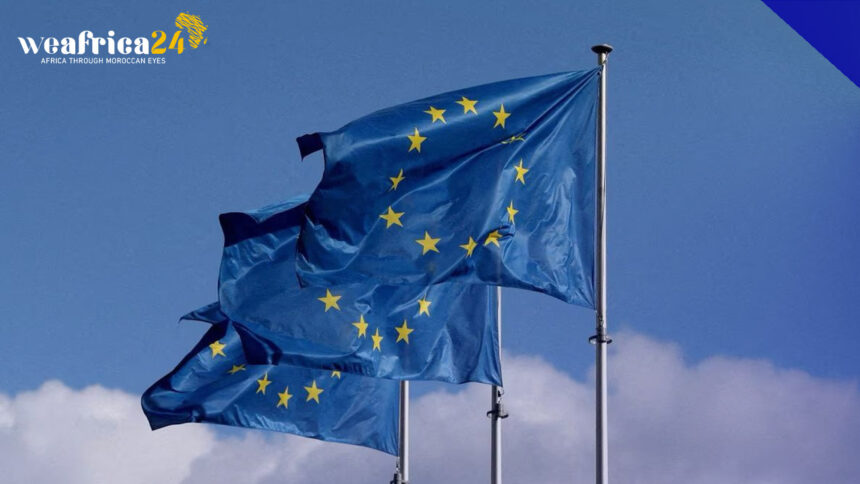EU member states and the European Parliament have reached a comprehensive agreement to significantly tighten asylum procedures, marking a major reform of the European asylum system. The compromise, announced on Wednesday, introduces numerous additions and enhancements to existing rules with the primary goal of reducing irregular migration into the European Union.
European Parliament President Roberta Metsola hailed the agreement as a pivotal moment, stating that Wednesday “will go down in history as the day the EU reached a landmark agreement on a new set of rules to manage migration and asylum.”
The reform, which has undergone extensive negotiations since 2015 amid a surge in migrant arrivals to the EU, reflects a delicate balance between countries advocating for stricter regulations, such as Hungary, and concerns from aid organizations and the political left regarding potential human rights implications.
European Commission President Ursula von der Leyen emphasized that the reform ensures an effective European response to the migration challenge, allowing Europeans to decide who enters the EU and stays, rather than leaving those decisions in the hands of smugglers.
Key elements of the reform include a much stricter approach toward individuals from countries deemed relatively safe. Asylum seekers awaiting a legal decision on their applications will be housed in reception centers under stringent rules.
While the conservative European People’s Party celebrated the agreement as a “historic deal,” left-leaning EU lawmakers criticized the new system, expressing concerns about the potential creation of what they referred to as “prison camps at our borders.”
The reform also introduces a solidarity mechanism to reorganize the distribution of people seeking protection among the 27 EU member states. Countries unwilling to accept refugees are required to provide alternative support, such as financial compensation.
The agreement, although celebrated by some, still awaits confirmation by the plenary of the European Parliament and EU member states, typically considered a formality in the legislative process.







